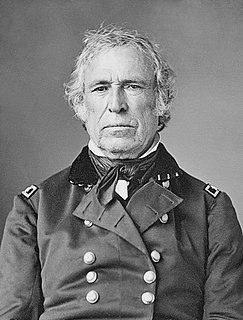A Quote by Edward Gibbon
The principles of a free constitution are irrecoverably lost, when the legislative power is nominated by the executive.
Quote Topics
Related Quotes
The constitution has divided the powers of government into three branches, Legislative, Executive and Judiciary, lodging each with a distinct magistracy. The Legislative it has given completely to the Senate and House of Representatives. It has declared that the Executive powers shall be vested in the President, submitting special articles of it to a negative by the Senate, and it has vested the Judiciary power in the courts of justice, with certain exceptions also in favor of the Senate.
The principle of the Constitution is that of a separation of legislative, Executive and Judiciary functions, except in cases specified. If this principle be not expressed in direct terms, it is clearly the spirit of the Constitution, and it ought to be so commented and acted on by every friend of free government.
If they are incorporated into the Constitution, independent tribunals of justice will consider themselves in a peculiar manner the guardians of those rights; they will be an impenetrable bulwark against every assumption of power in the legislative or executive; they will be naturally led to resist every encroachment upon rights expressly stipulated for in the Constitution by the declaration of rights.
The question whether the judges are invested with exclusive authority to decide on the constitutionality of a law has been heretofore a subject of consideration with me in the exercise of official duties. Certainly there is not a word in the Constitution which has given that power to them more than to the Executive or Legislative branches.
People assume that the executive branch has more power than it actually has. Only the legislative branch can create the laws; the executive branch cannot create the laws. So, if the executive branch tries to create a branch one side or the other... you go back to the founders of the nation. They set up a system that ensures that it doesn't happen.
Are we reading the Constitution and pondering it? Are we aware of its principles? Are we abiding by these principles and teaching them to others? Could we defend the Constitution? Can we recognize when a law is constitutionally unsound? Do we know what the prophets have said about the Constitution and the threats to it?



































